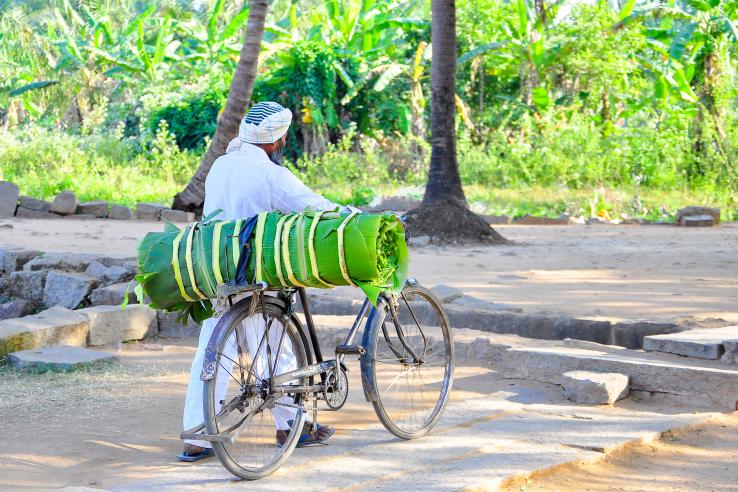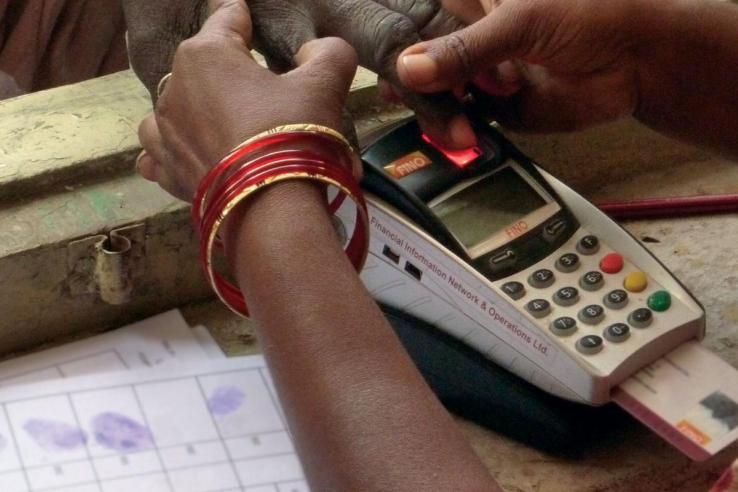Displaying 1366 - 1380 of 8342
Resource
Basic page
J-PAL North America’s Evidence Portal provides a snapshot of the research in North America by J-PAL affiliates and invited researchers across various social policy areas related to poverty alleviation. To date, J-PAL affiliated researchers have conducted over 265 ongoing or completed randomized...
Resource
Basic page
Please see this site for internal resources for researchers in the J-PAL network (affiliates, invited researchers, and scholars). Affiliated researchers can request access using a Google account.
Resource
Basic page
Resource
Basic page
Resource
Basic page
Person
Dario Romero joined J-PAL LAC in 2013 and holds a Master´s degree in Economics and Bachelor’s degrees in Economics and Political Science from Universidad de los Andes.
Resource
Basic page
Resource
Basic page
Resource
Basic page
Resource
Basic page
Resource
Basic page
Resource
Basic page
Resource
Basic page
Resource
Basic page
Page
Landing page

